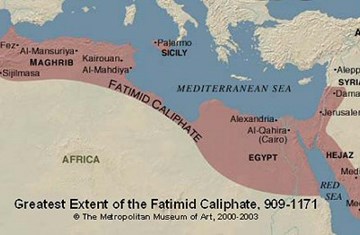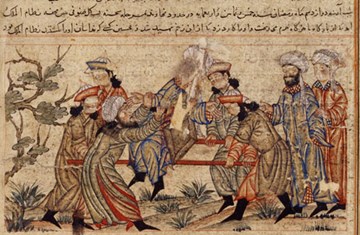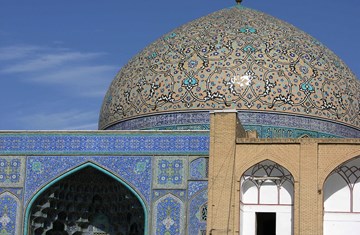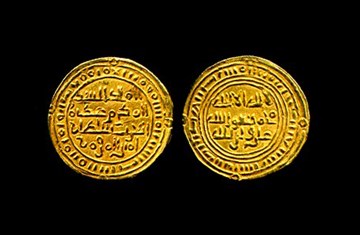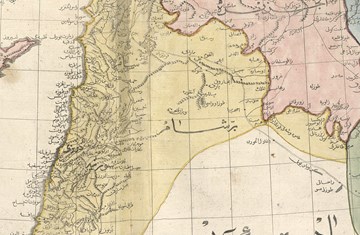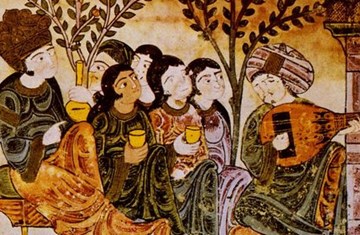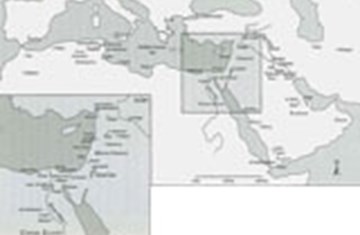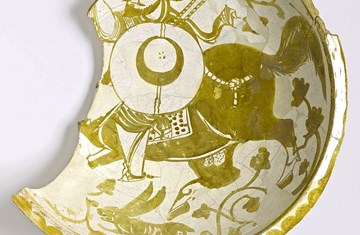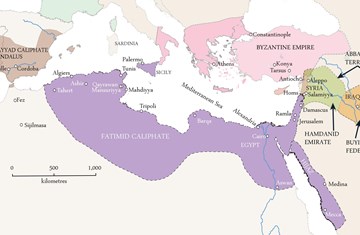Fatimid-Buyid Diplomacy During the Reign of Al-'Aziz billah (365/975-386/996)*
Keywords: Fatimid, Buyid, initiation of diplomacy, Adud al-dawla, al-‘Aziz billah, strengthening Buyid rule, terminating the alliance
The emergence of the Fatimids in North Africa ushered in a major revolution in the Islamic world. For the first time in Muslim annals, there were two rival caliphates, the active and expanding caliphate of the Fatimids and the waning authority of the Abbasids of Baghdad, effectively controlled by their Buyid protectors. When the Fatimids moved east to Egypt (in 358/969), interaction between these two caliphates became inevitable.
It is a coincidence of history that perhaps the greatest sovereign of the Fatimid dynasty, al-‘Aziz billah, and the most powerful representative of Buyid rule, ‘Adud al-dawla (338/944-372/983), were contemporaries. It was in the time of these two great rulers that Fatimid- Buyid diplomacy reached its highwater mark.
Prior to ‘Adud al-dawla’s appearance on the political scene at Baghdad and after his departure from it, the other Buyid amirs were too involved in interfamilial strife to have any contact - friendly or otherwise - with the Fatimid ruler al-‘Aziz. An examination of the sources on Fatimid-Buyid diplomacy during the reign of al-‘Aziz billah reveals certain discrepancies in the information they provide.
Consequently, they raise certain important questions as to the need for diplomacy between the two powers in the first place and the subsequent termination of relations between them. This article seeks to discuss these issues.
Author

Dr Shainool Jiwa
Head of Constituency Studies Research Unit and Associate Professor
Dr Shainool Jiwa is a specialist in Fatimid studies, and an Associate Professor at The Institute of Ismaili Studies. Dr Jiwa’s latest publication, The Fatimids 2: The Rule from Egypt (2023), is a World of Islam series title, for which she also serves as the series General Editor. She is the author of The Fatimids: The Rise of a Muslim Empire (2018), and co-editor of The Shi‘i World: Pathways in Tradition and Modernity (2015), and The Fatimid Caliphate: Diversity of Traditions (2017).


